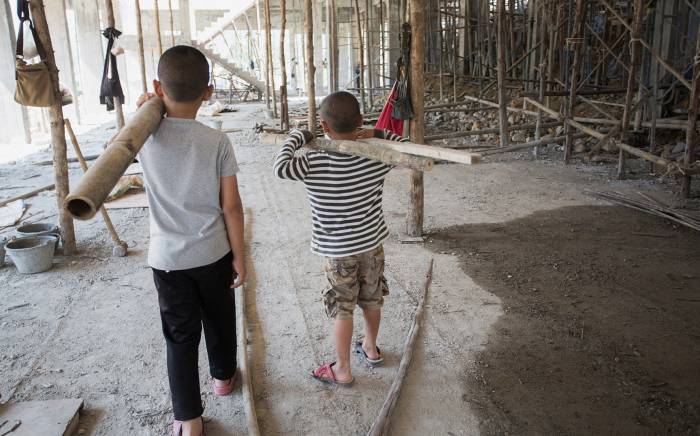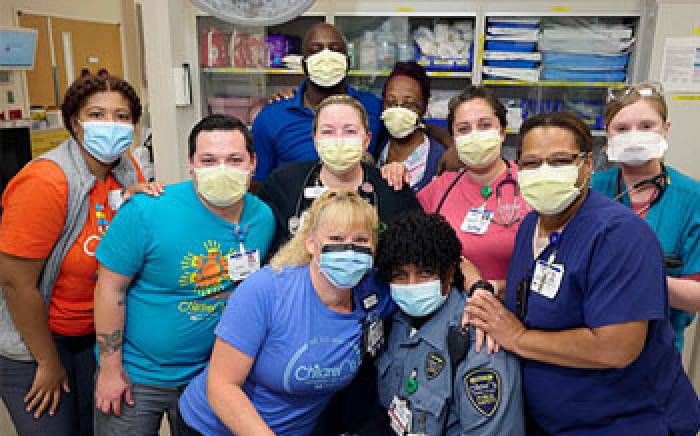Playing in lakes and creeks can be fun, but it’s not without risk. Do your part to keep injury or illness from spoiling your children’s good time in the water.
Do your memories of summers as a child include cooling off in a lake or creek with friends? If so, you may want your children to have their own special experiences in the water. Visiting a natural swimming area is also a great way to connect with nature and escape the city on a hot summer day.
As with any outdoor activity, safety is key. Keeping an eye on your kids is very important.
“Natural bodies of water are less controllable environments than pools,” says Kimberly Quayle, MD, a Washington University pediatric emergency medicine physician and medical director of emergency services at St. Louis Children’s Hospital. “In a pool, you can see how deep the water is and what’s on the bottom. Lakes and creeks are often murky. Parents must keep their eyes on children at all times without distractions, such as cell phones.”
Water Without Worry
Use these tips to make your children’s swim time even safer:
- Gear up. Be sure your children wear a Coast Guard-approved life vest, not arm floats. Water shoes may help protect their feet from sharp rocks or other objects below the surface.
- Mind the current. Children should never play in fast-flowing water. Even slow-moving water may have a stronger current than you think. Stick to calm lakes if you have younger children.
- Set and enforce rules. These should include no horseplay or headfirst diving.
- Scout it out. Before your kids jump in the water, look for safety hazards, such as deep spots and jagged rocks. Keep kids away from any unsafe areas.
Keep it Clean (and Dry)
Chlorine kills most germs in swimming pools. But lakes and creeks aren’t chlorinated. That means water may harbor bacteria and parasites that can cause illness, including diarrhea. Try to find natural swimming areas that have safe levels of bacteria. To find one, visit https://dnr.mo.gov/water/hows-water. You can search for specific bodies of water or by county. In Illinois, call your county health department.
Some bacteria can make kids sick if they swallow water or cut themselves while swimming. Bacteria also cause swimmer’s ear, a common infection that causes ear pain. Drying ears thoroughly may help prevent swimmer’s ear.
“Good hygiene is important to prevent waterborne illness,” says Jason Newland, MD, MEd, a Washington University pediatric infectious diseases physician at St. Louis Children’s Hospital. “Children should shower after swimming in a natural body of water. If a cut occurs, clean and cover it with a bandage. Also, make sure children know not to swallow lake or creek water.”
Call the St. Louis Children’s Hospital Center for Families Resource Library at 314.454.KIDS (5437) and press “5” to have information about water safety sent to you.










